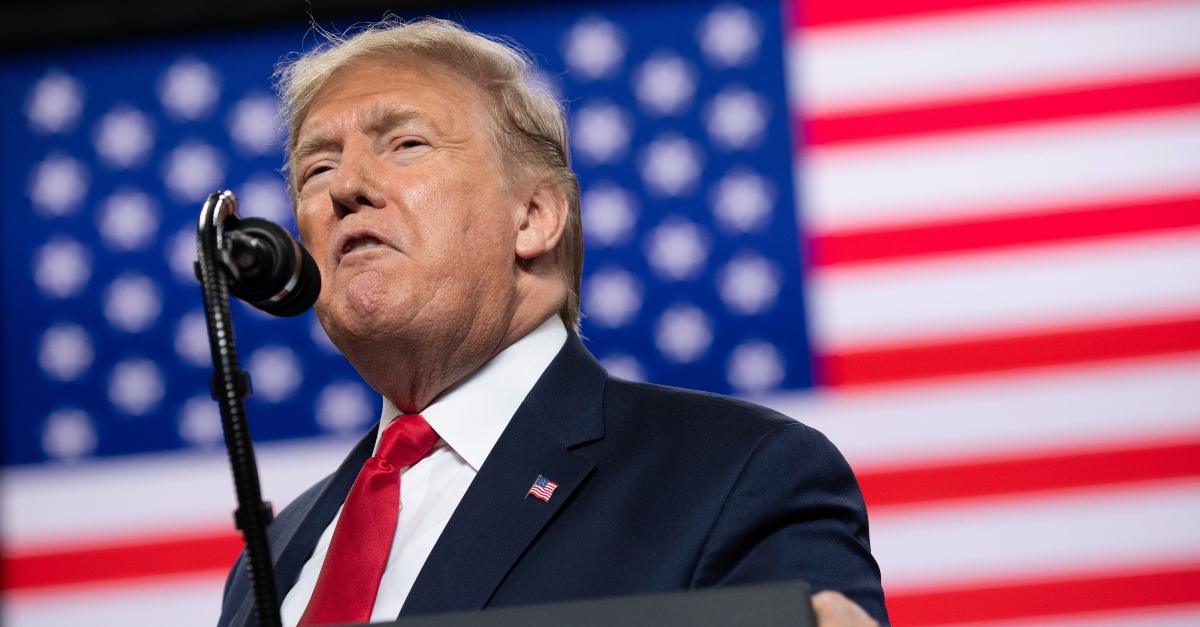
A federal appellate court in Manhattan on Tuesday rejected the Trump administration’s latest attempt to deny permanent residency to immigrants legally living in the U.S. based on their use of public benefits, such as food stamps or public housing.
A three-judge panel on the U.S. Court of Appeals for the Second Circuit upheld a lower court’s order enjoining the so-called public charge rule from being enforced against green card applicants in New York, Connecticut, and Vermont, reasoning that the administration’s decision was likely contrary to congressional intent and “arbitrary and capricious” under the Administrative Procedure Act (APA).
U.S. District Judge George Daniels first blocked the rule last week in a scathing decision that categorized the rule as “repugnant,” saying it would force immigrants to make an “impossible choice” between jeopardizing either their health or immigration status.
The Immigration and Nationality Act (INA) permits the federal government to deny permanent residency to immigrants deemed to be a “public charge” – meaning they would be a sustained financial burden dependent upon the state for basic necessities such as food and shelter. However, the court took issue with the Trump administration over its attempt to broaden the term’s definition, giving the Department of Homeland Security (DHS) near-complete discretion in deciding whether a non-citizen was “likely” to become dependent on public assistance.
According to the court, DHS’s attempt to “justify a sweeping redefinition” of what constitutes a public charge was so ambiguous as to be unlawful.
“The question under consideration is whether the Rule’s understanding of the term ‘public charge’ goes beyond the bounds of the settled meaning of the term,” the court wrote in a lengthy 105-page ruling. “But defining public charge to mean the receipt, even for a limited period, of any of a wide range of public benefits – particularly, as we discuss below, ones that are designed to supplement an individual’s or family’s efforts to support themselves, rather than to deal with their likely permanent inability to do so – is inconsistent with the traditional understanding of what it means to be a ‘public charge,’ which was well-established by 1996.”
The court also analyzed the administration’s justification for changing the rule, saying that DHS failed to provide a “reasoned explanation” to support its decision, as required under the APA.
“[W]here, as here, DHS anchors its decision to change its interpretation in the perceived shortcomings of the prior interpretation, and then fails to identify any actual defect, it has not provided a ‘reasoned explanation’ for its actions – particularly when it bases its changed position on its reading of a statute, and it is the new Rule, rather than the old Guidance, that strays from congressional intent.
Per Judge Daniels’ initial ruling, the injunction will remain in place so long as there is a “national health emergency” due to the pandemic.
See below for the full decision.
Second Circuit Public Charge Ruling by Law&Crime on Scribd
[image via SAUL LOEB_AFP via Getty Images]
Have a tip we should know? [email protected]